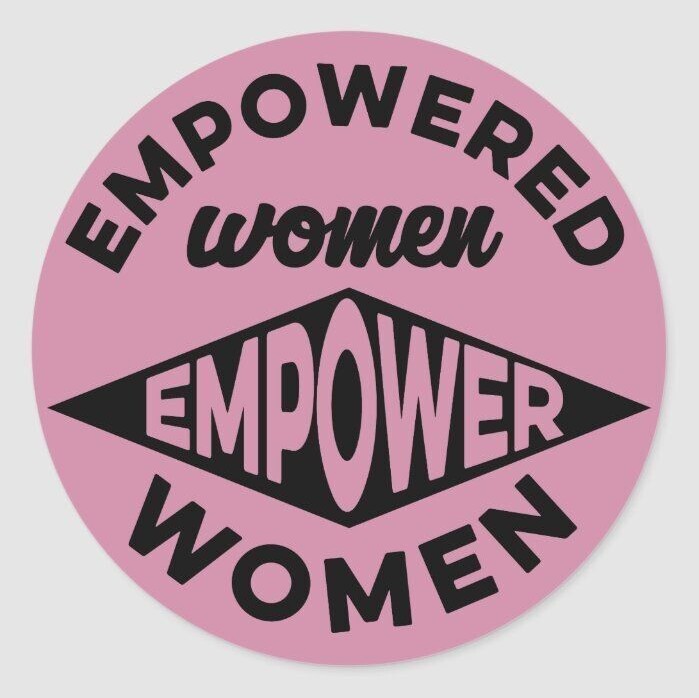
Picture Source: Pinterest
In South Asian communities, where discussions about personal autonomy and boundaries often remain cloaked in cultural taboos, the voices of women advocating for consent have become powerful agents of change. Public service announcements (PSAs) provide these women with a platform to challenge societal norms, share their stories, and redefine the concept of consent within their cultural contexts.
The Intersection of Culture and Silence
The concept of consent is frequently misunderstood or ignored in South Asian cultures, where traditional values often place family honor above individual rights. In such settings, even speaking about consent can invite judgment or ostracization. According to a report by the National Domestic Violence Hotline, South Asian women are disproportionately affected by gender-based violence, often fueled by patriarchal structures and community-enforced silence
RNS.
Many South Asian women face cultural barriers when trying to address or even recognize abuse. PSAs created by these women or on their behalf become essential tools to amplify voices that would otherwise remain unheard.
Stories That Inspire
- The Power of Survivor Narratives Women like Kriti Sharma (name anonymized) have used PSAs to share their journeys from survival to advocacy. Kriti, a domestic abuse survivor, collaborated with South Asian SOAR to create a campaign focusing on marital consent. Through her PSA, she emphasized the importance of mutual respect and healthy boundaries within relationships. Her story resonated widely, particularly among young South Asian women navigating similar issues.Read more about initiatives like this at South Asian SOARSOUTH ASIAN SOAR.
- Using Art and Media Artist and filmmaker Mina Malhotra directed a series of PSAs titled “Silence Breakers,” where South Asian women share stories of setting boundaries in culturally sensitive yet relatable ways. Mina’s work uses traditional motifs juxtaposed with modern themes to connect with diverse audiences. This innovative approach has been praised for its ability to bridge generational divides while tackling consent from a cultural standpoint.
- Community Organizers Turned Advocates Community leaders like Farah Ahmed have taken on roles as advocates, organizing PSA campaigns within religious and cultural groups. Farah’s work emphasizes that respecting consent aligns with Islamic teachings about mutual respect and dignity. Her faith-based PSAs have proven highly effective in addressing misconceptions about autonomy within South Asian Muslim communities.
The Role of PSAs in Amplifying Voices
PSAs offer a versatile platform for South Asian women to challenge norms and create lasting change. The following strategies have emerged as particularly impactful:
- Localized Messaging: By incorporating culturally relevant elements like language, attire, and familial roles, PSAs connect more deeply with their target audience. Campaigns such as “Respect and Honor,” which focused on consent within arranged marriages, have successfully tackled the stigma around saying “no.”
- Empowering Survivors to Lead: Survivor-led campaigns resonate strongly, as they bring authenticity and hope. Women like Naina Kapoor, who worked on PSAs with Sakhi for South Asian Women, emphasize reclaiming their voices as an act of empowerment.
- Intergenerational Outreach: Many PSAs now include content aimed at both younger audiences and older generations, fostering open dialogue within families.
Explore more such efforts at Sakhi for South Asian Women
RNS.
The Ripple Effect of Representation
These women’s stories have not only sparked conversations but also inspired a broader movement toward inclusivity and awareness. Their efforts have led to:
- Policy Changes: Advocacy through PSAs has pushed for stricter legal protections for survivors within South Asian communities, both in diaspora settings and home countries.
- Educational Initiatives: Schools and universities are adopting consent-focused workshops influenced by PSA content.
- Media Representation: South Asian media has begun to feature consent-positive storylines in films and series, reflecting the growing influence of these campaigns.
A Collective Path Forward
The power of PSAs lies in their ability to amplify the voices of women who refuse to be silenced. Through storytelling, cultural sensitivity, and grassroots advocacy, these initiatives are creating a space where South Asian women can reclaim their agency and challenge entrenched norms.
For more about these inspiring stories and initiatives, visit platforms like South Asian SOAR and Sakhi. These organizations continue to shine a light on the transformative impact of women who, against all odds, are leading the conversation on consent. Their courage reminds us that every voice matters in the journey toward a more equitable society.
No Responses